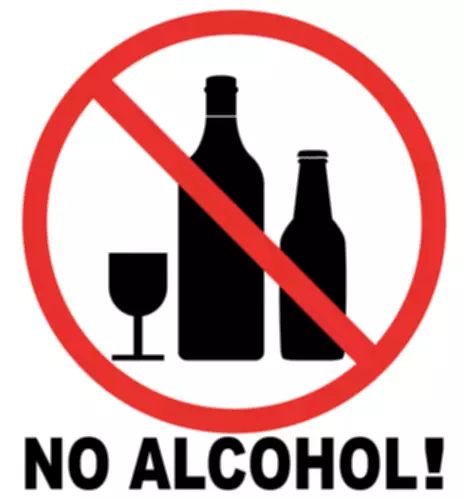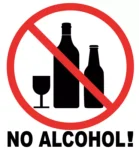
Excessive alcohol use is a term used to describe four ways that people drink alcohol that can negatively impact health. Having a drink or two every once in a while may be fine when you’re on blood thinners — just be sure to talk to your doctor. If you’re a regular drinker, you may need to get your medication levels checked more often. If it’s busy working on the alcohol instead of your blood thinner, the level of the drug in your blood will go up and raise your bleeding risk. Teenagers’ brains are still developing, which makes them more susceptible to adverse physical and mental health effects. Moderate alcohol consumption is generally safe, depending on your health and tolerance.

Drinking too much alcohol
Because of this, you might think that drinking a moderate amount of alcohol, and being careful not to go beyond that amount, could help to keep your blood from becoming is alcohol a blood thinner too thick. After all, thicker blood could increase your risk of a stroke or heart attack. Factors such as age, underlying medical conditions, and medication use can also influence the effects of alcohol on blood clotting. Blood thinners are medications that prevent blood clots from occurring. Although alcohol thins your blood, drinking instead of taking medication can be dangerous. Yes, alcohol increases heart rate as well as raise blood pressure during the initial stages of intoxication.
Blood Thinners and Alcohol
- If you drink regularly, you might feel like alcohol doesn’t affect you as much, but this usually means you’ve developed a tolerance to some of the effects.
- 25.8% of people classified their recent consumption habits as binge drinking (excessive drinking in a defined amount of time).
- Having the restraint to consume only moderate amounts of alcohol may be challenging for some individuals.
- This article discusses the physiological and psychological effects of alcohol and how to change your drinking habits.
This antioxidant may reduce harmful cholesterol levels and minimize the risk of blood clots. Heavy drinking is connected to illnesses that lead to poor health, including heart conditions. Excessive alcohol consumption can lead to high blood pressure, heart failure, or stroke. It can also contribute to cardiomyopathy, which affects the heart muscle.
Ask the Expert: Common Questions About Alcohol and Blood Thinners
You should limit your alcohol intake if you are taking blood thinners. One drink on occasion is not likely to cause problems, but moderate to heavy drinking with anticoagulant medications is dangerous. It increases the risk of bleeding-type strokes as well as blood loss from what would otherwise be a small injury.


Pregnancy, cancer and estrogen therapy can also put you at a greater risk of forming a clot. Alcohol can impact various parts of the body, including the brain, heart, liver, and pancreas, as well as essential body systems like the immune and digestive systems. Alcohol use can increase the risk of cardiovascular problems, cognitive decline, liver disease, mental health conditions, and more. Another common misconception is that alcohol increases blood circulation. While alcohol can cause temporary dilation of blood vessels, resulting in a warm sensation, it does not actually improve overall blood circulation in the long term. In fact, excessive alcohol consumption can have negative effects on cardiovascular health.







No Response to "Blood thinners and alcohol: Safety, effects, and more"